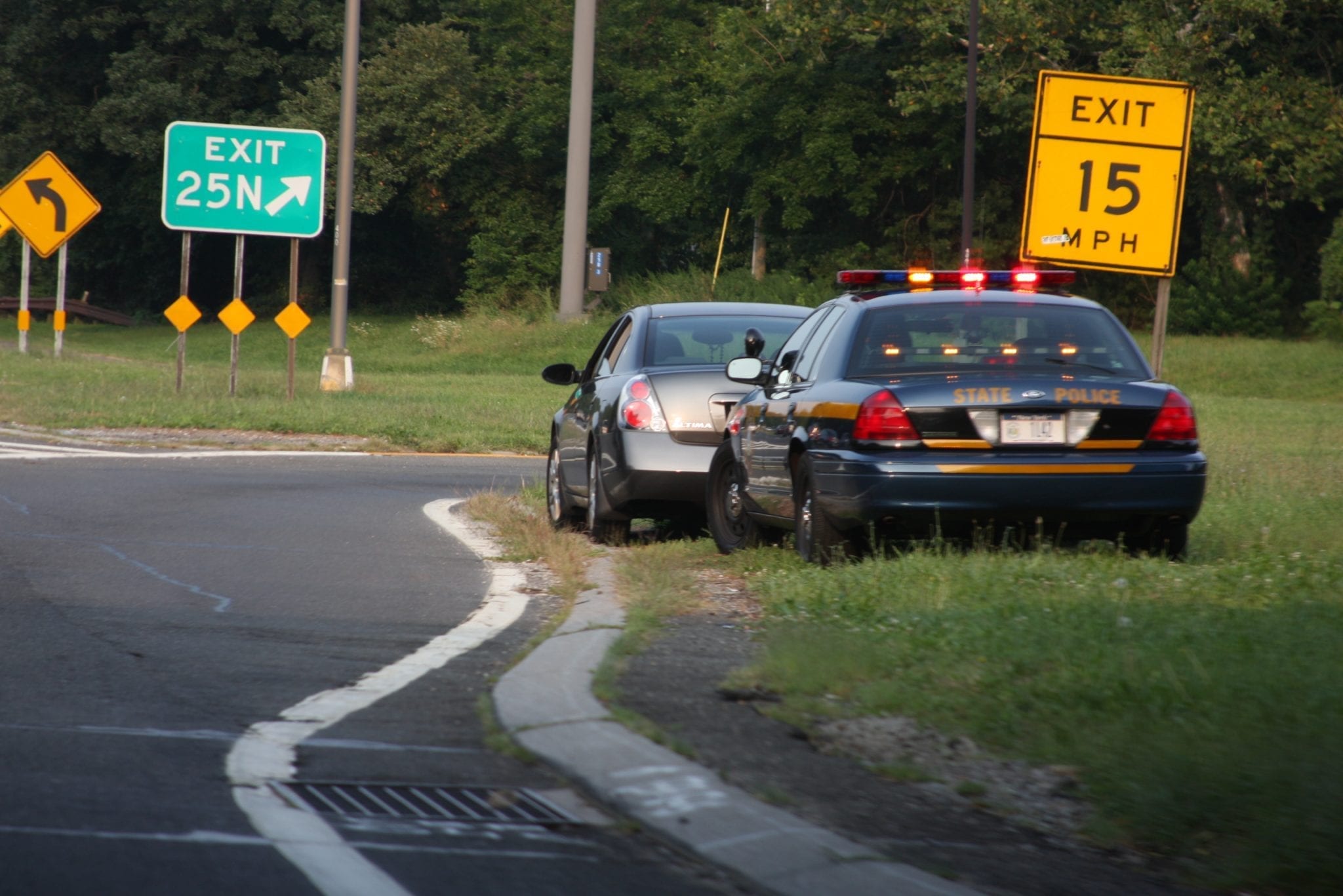Most police officers are there to help, but it’s best to know your rights whenever you are pulled over.
In a five-minute experiment involving an iPhone and a four-way stop, WTOP’s Megan Cloherty discovered a not-so-startling revelation: most people don’t stop completely at stop signs.
In fact, of the 27 cars that rolled down the road on that sunny day, only six came to a complete halt.
It’s no secret that we do not always adhere to strict driving regulations. Sometimes we go a tad over the speed limit or let our car roll as a traffic signal turns. And, when we see those red and blue lights in our rear-view mirror for a small transgression, our hearts sink.
Most police officers are there to help, but it’s best to know your rights whenever you are pulled over.
Probable Cause
One of the first things an officer usually asks is if you know why they pulled you over.
That’s where we give a silent, groaning “yes” and then open our mouths to give a more respectable answer.
However, there are instances where you may have no idea why you were stopped, and a police officer must have a reason for doing so. This is called probable cause.
You cannot be pulled over without a specific reason, and it is acceptable to inquire why you were.
You Don’t Have to Pull Over Immediately
How many times have you seen that guy? The one who pulls over on the middle of a major street, blocking traffic and endangering the poor officer who has to talk to him?
Don’t be that guy.
Drive to a safe nearby location, such as a driveway or parking lot. If you need to travel a small distance to get to such a setting, give the officer a hand signal to let him know what you’re doing.

Cops Need Reasons to Search Your Vehicle
There are five reasons a police officer may search your vehicle without a warrant.
- If you provide your consent, the officer is free to search your automobile. If you are uncomfortable providing consent, it is within your rights to deny access.
- If there is evidence or contraband in plain view, the officer has a right to check the vehicle.
- Search Incident to Arrest (SITA), also known as the Chimel rule, permits officers to search your possessions (including your car) if you have been arrested.
- If there is probable cause to suspect a crime, an officer may search your vehicle. Probable cause includes facts and circumstances that lead the officer to suspect criminal activity is occurring.
- If a cop suspects evidence is being destroyed or there is imminent danger, he or she may search your car by claiming it was an exigent circumstance.
You Can Record
It’s perfectly within your rights to record an officer during a traffic stop.
John Foy, attorney and founder of John Foy & Associates, reminds us, “Officers are there to help, but it’s wise to be informed.”
Next time you see those flashing lights, know your rights.


Join the conversation!